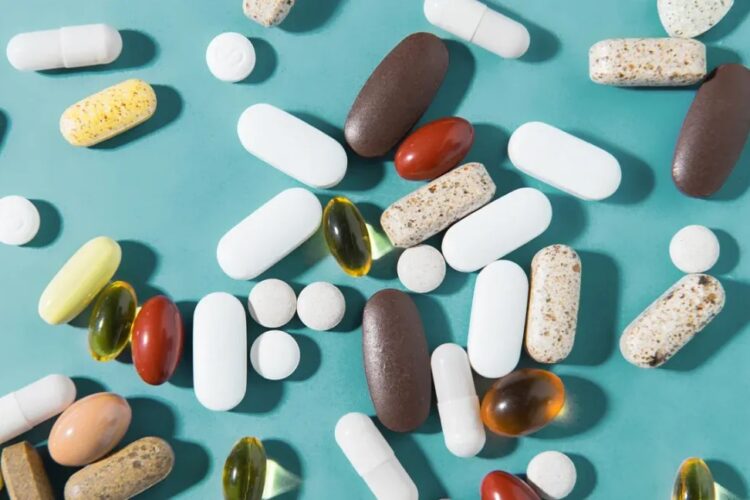High blood pressure is half of the adult population and is a major preventable cause of heart attacks, strokes, and kidney failure. Also hypertension and high blood pressure often develop with no symptoms and silently damage blood vessels and organs over time if left uncontrolled. Persistent high blood pressure, defined as 140/90 mmHg or above, causes extra strain on the heart and damages arteries. Over time, the excessive pressure causes tiny tears in blood vessel walls plaque build-up, and blood clots. Hypertension accelerates the development of atherosclerosis, a narrowing of arteries that restricts blood flow to vital organs and tissues. The brain, heart, eyes, kidneys, and legs are often the most affected. The resulting complications are coronary heart disease, heart failure, stroke, vision loss, kidney disease, and peripheral vascular disease.
Lifestyle changes have limits
Doctors’ lifestyle changes as the first line of defense against high blood pressure. Losing extra weight, exercising regularly, limiting alcohol, reducing stress, and following a healthy diet like the DASH plan have proven benefits for lowering hypertension. However, lifestyle changes only go so far for many people and garnering consistent compliance are challenging. It is where supplemental support for gaining full control over stubbornly high blood pressure.
Nutritional deficiencies are common
Even when people follow a nutritious diet, depleted levels of certain vitamins, minerals, and antioxidants are pervasive, in those taking medications like diuretics. Deficiencies in magnesium, potassium, folate, omega-3s, coenzyme Q10, and vitamin D directly impact blood pressure regulation. Supplementing these heart-helpful nutrients restores balance and function to aid hypertension management.
Medications deplete key nutrients
Many common medications prescribed for supplements for high blood pressure and conditions further deplete nutrients critical to keeping blood pressure levels in check. For instance, long-term use of diuretics and statins frequently leads to deficiencies in CoQ10, vitamin D, calcium, zinc, and magnesium. Beta-blockers also increase the loss of CoQ10 and melatonin. Taking supplements to replenish depleted nutrients medications to work better while preventing side effects.
Supplements enhance pharmacological effects
Research shows targeted supplementation blood pressure-lowering mechanisms and actions of prescription medication classes like ACE inhibitors, angiotensin II receptor blockers (ARBs), beta-blockers, and calcium channel blockers. For example, magnesium, vitamin D, calcium, omega-3s, garlic extract, and melatonin have shown beneficial effects as adjunctive therapy to prescription blood pressure drugs.
Managing medication side effects
Prescription antihypertensive come with an array of possible side effects that may include electrolyte disturbances, mineral deficiencies, headache, fatigue, and orthostatic. Strategic supplementation helps counteract many of these medication-induced effects to enhance tolerability and adherence. For example, coenzyme Q10 alleviates statin muscle pain, melatonin improves diuretic-induced sleep disturbance and magnesium eases calcium channel blocker headaches.
Combination therapy for optimal control
Even while taking antihypertensive medications, it is estimated up to half of people don’t reach optimal blood pressure targets. The result leaves them vulnerable to complications. Using certain supplements as add-on therapy significantly improves control rates compared to medication alone. For instance, pairing medications with magnesium, potassium, vitamin D or omega-3 fatty acids leads to better reduction of hypertension for most patients.

